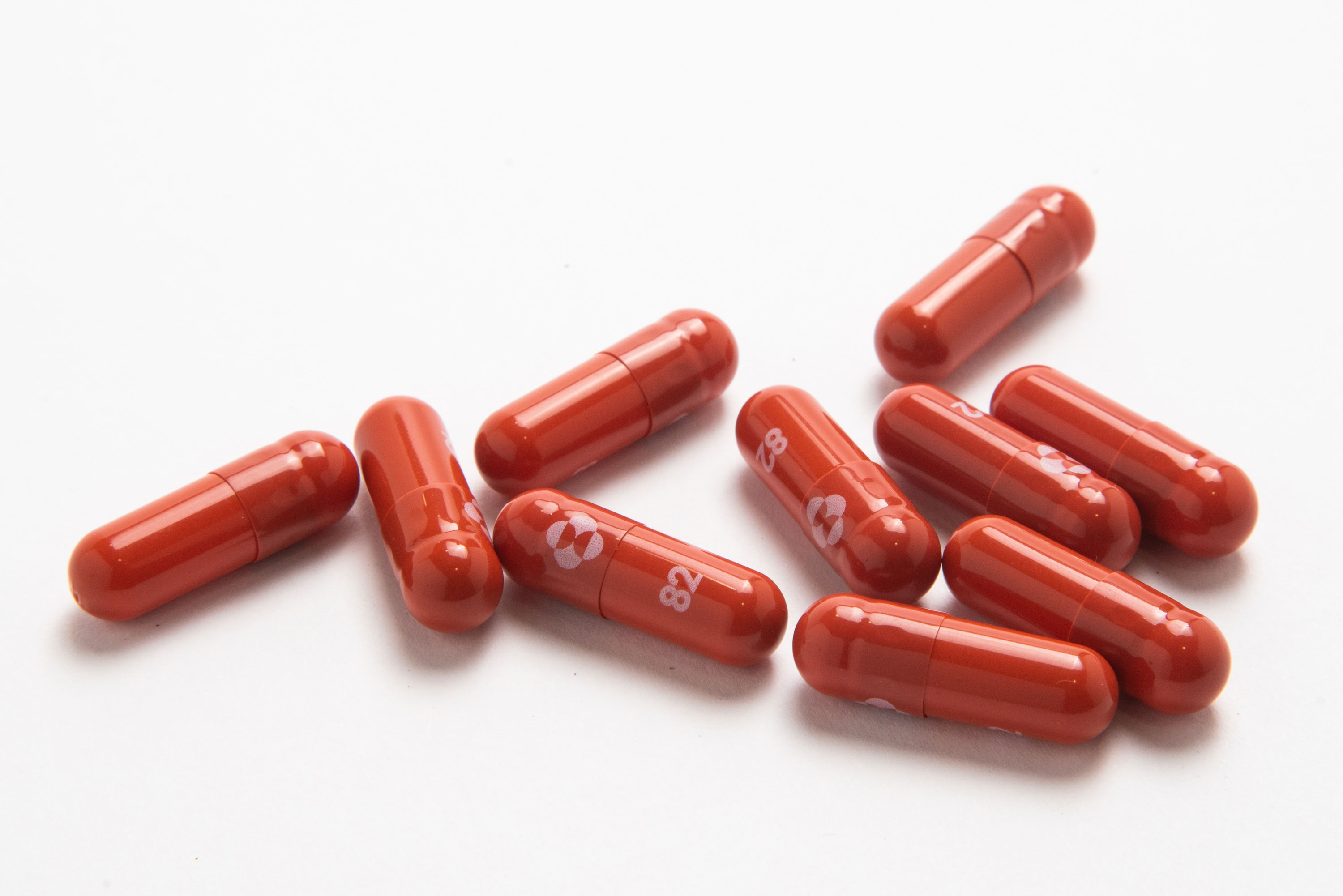Merck's Lagevrio 'no better than placebo' in COVID hospitalisations

A UK study has found that Merck & Co's oral COVID-19 therapy Lagevrio was unable to reduce hospitalisations compared to placebo in patients at higher risk from the virus, adding fuel to assertions in some quarters that its authorisation was premature.
The 25,000-subject PANORAMIC trial conducted by researchers at Oxford University looked at the addition of a five-day course of Lagevrio (molnupiravir) to standard care in people aged over 50, or adults aged 18 and over with conditions that raised their risk of severe COVID-19, comparing it to standard care plus a placebo on all-cause hospitalisation/death within 28 days.
Preliminary results show that, while Lagevrio hastened the time to recovery from COVID-19 by around six days, it was no better than placebo at keeping patients out of hospital.
Reducing hospitalisations was one of the main drivers for rapid adoption of the drug – which made more than $4 billion in sales in the first half of this year – as it was hoped that it could help alleviate the pressure on healthcare systems stretched to breaking point by the pandemic.
The results are at odds with Merck and partner Ridgeback Therapeutics' much smaller MOVE-OUT trial, which found a reduction in the risk of hospitalisation or death in high-risk patients by around 30%, having shown a 48% cut at the interim stage. Although, unlike PANORAMIC, that excluded patients who had been vaccinated against SARS-CoV-2.
One key finding in PANORAMIC was a much lower rate of hospitalisations than predicted, which ties in with the observation that the now-dominant Omicron strain of the virus is less severe than earlier variants. The organisers of the study have now turned their attention to Pfizer's oral antiviral Paxlovid (nirmatrelvir/ritonavir), with results expected in the coming months.
"In this preliminary analysis, we found that molnupiravir did not reduce already low hospitalisations/deaths among higher risk, vaccinated adults with COVID-19 in the community, but resulted in faster time to recovery, and reduced viral detection and load," said the investigators, led by Oxford's Professor Chris Butler.
The UK was the first country to authorise Lagevrio, giving it a green light in November 2021 a few weeks ahead of the US, which cleared the drug with a more restrictive label. The European Commission has yet to approve it for use in the EU.
In a statement, Merck said an analysis of real-world data from an Israeli study, known as Clalit, showed that Lagevrio reduced hospitalisations and deaths due to COVID-19 in patients 65 years and above, with no benefit in younger adults ages 40 to 64 years.
"The totality of the data from both PANORAMIC and Clalit give us critical insights into the ways certain patients may benefit from treatment with Lagevrio," said the drugmaker's head of R&D, Dean Li.
He added that the totality of data across PANORAMIC, Clalit, and MOVE-OUT "further supports the urgent need for global access to Lagevrio for the treatment of COVID-19 in appropriate high-risk patients."











